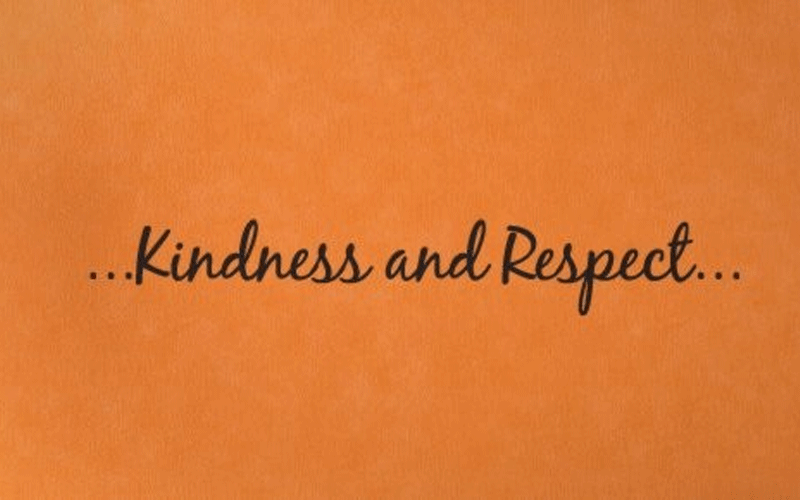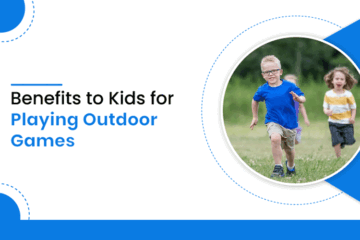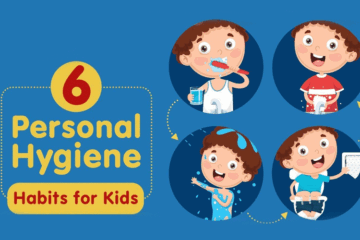Respect and kindness are crucial values to instill in children as they navigate their interactions with others and the world around them. Here are some ways to teach and promote respect and kindness in kids:
Lead by example:
Children learn from observing their parents and caregivers. Model respectful and kind behavior in your own interactions with others, including using polite language, active listening, and treating others with empathy and respect.
Teach empathy:
Help children understand and empathize with the feelings and perspectives of others. Encourage them to put themselves in someone else’s shoes and consider how their actions might affect others.
Encourage manners:
Teach children basic manners such as saying “please” and “thank you,” holding doors for others, and greeting people with a smile. Reinforce the importance of being polite and considerate towards others.
Foster inclusivity:
Teach children to embrace and appreciate diversity. Encourage them to be inclusive and accepting of people from different backgrounds, cultures, and abilities.
Bullying prevention:
Teach children the importance of standing up against bullying and being an ally to those who may be targeted. Encourage them to speak out against unfair treatment and to report incidents of bullying to trusted adults.
Practice active listening:
Teach children to actively listen when others are speaking, showing interest in their thoughts and feelings. This helps develop stronger connections and understanding between individuals.
Kindness towards animals:
Encourage children to treat animals with kindness and respect. Teach them about responsible pet ownership and the importance of caring for animals.
Conflict resolution:
Teach children healthy ways to resolve conflicts, such as using calm communication, compromising, and seeking win-win solutions. Encourage them to find peaceful resolutions rather than resorting to aggression or unkind words.
Community service and volunteering:
Engage children in community service or volunteering activities, such as helping the less fortunate or participating in environmental cleanup. These experiences foster empathy, compassion, and a sense of social responsibility.
Media literacy:
Teach children to be critical consumers of media, encouraging them to question stereotypes, biases, and unkind behavior portrayed in movies, TV shows, or online content.
Remember to provide ongoing guidance and reinforcement, praising and acknowledging acts of respect and kindness. Through consistent modeling and teaching, children can develop a strong foundation of respect and kindness that will benefit them throughout their lives.





